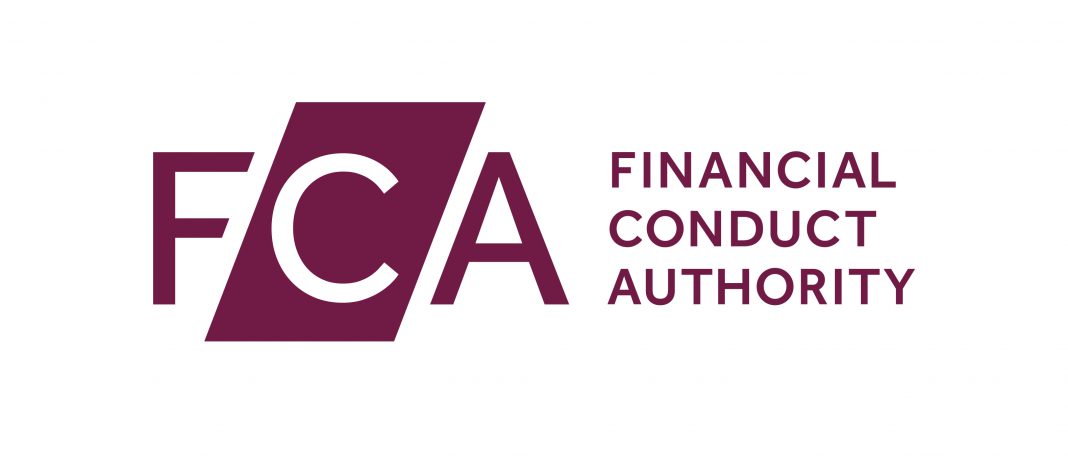The Financial Conduct Authority (FCA) has published its yearly business plan for 2019/20, which outlines the regulatory body’s key priorities for the coming year.
In the announcement the FCA make clear the importance of a clean transition as the UK finalises preparations to leave the European Union.
Andrew Bailey, FCA chief executive, said: “Dealing with Brexit will be the most immediate challenge we face. But this plan also commits us to a stretching programme of work across the financial sector.
“In order to ensure we are a regulator that continues to serve the public interest, we need to adapt to the ever-changing environment.”
FCA said it will also continue to play a leading role in shaping the global regulatory framework, working with other national regulators and international bodies.
The business plan outlines four main ongoing cross-sector priorities:
- Work on firms’ culture and governance, including extending the Senior Managers and Certification Regime to all firms.
- Ensuring the fair treatment of firms’ existing customers by monitoring firms’ practices, including the information they give prospective and current customers.
- Developing the work being done on operational resilience, which will play a vital role in protecting the UK’s financial system.
- Combating financial crime and improving anti-money laundering practices, by enhancing the use of technology and data, as well as engaging with multiple agencies and government bodies.
In addition, the plan also presented three additional cross-sector priorities, which have longer time horizons.
The three long term priorities consist of securing and developing the future of regulation, ensuring innovation and the use of data work in consumers’ interests and examining the intergenerational challenge in financial services.
Bailey concluded: “The future of regulation is a key priority in this year’s Business Plan.
“We will be leading a debate about this with stakeholders so that we can keep pace with the developments taking place in the markets that we regulate and in wider society.”






















